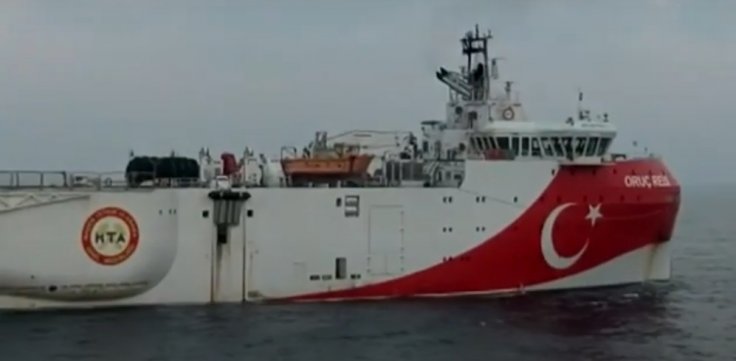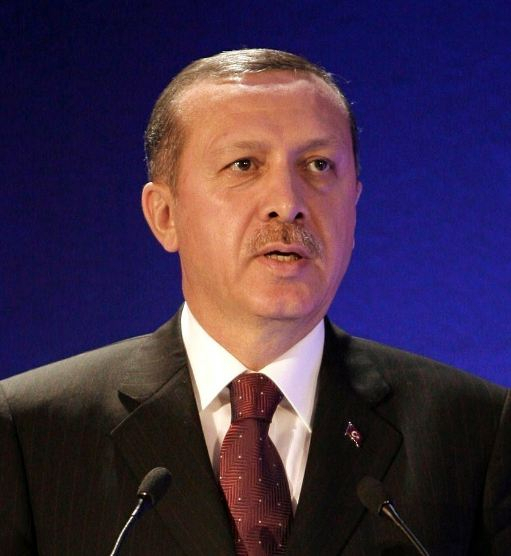Turkey has started moving tanks from the Syrian border to Greece, escalating the tension between Ankara and Athens, as reported by Ilhas News Agency of Turkey. According to New Khaleej, Head of Turkish National Movement Party Devlet Bahçeli has said that war with Greece is "just a matter of time".
According to IHA, two separate tank convoys with approximately 40 tanks have moved from Reyhanlı and Kumlu districts of Hatay to Edirne in Turkey. The report claimed that these tanks have left the Syrian border and the convoy is expected to reach Edirne by train from the Iskenderun port.
Meanwhile, the ruling Justice and Development Party of Turkey slammed a Greece-based website for publishing private details of Anadolu Agency staff and calling them spies. "It is barbarism how the fascists are targeting Anadolu Agency staff in Greece," tweeted Ömer Çelik, spokesman for the Justice and Development AKP. Anadolu is the state-run news agency of Turkey.
Erdogan Warns Greece of Consequences

Tourkikanea.gr had published an editorial calling the Turkish journalists spies. It even published the passport identity of one of the journalists on the website. Today, amidst the news of Turkey moving its tanks towards Greece border (the news has not been officially confirmed by the Turkish government), President Recep Tayyip Erdogan asked Greece to talk about disputed eastern Mediterranean territorial claims or warned Athens of consequences.

"They will either understand the language of politics and diplomacy, or get the message through painful experiences," Erdogan said during the opening ceremony of a hospital in Istanbul. "They [Greece and Cyprus] are going to understand that Turkey has the political, economic and military power to tear up the immoral maps and documents imposed. Turkey is ready for every eventuality and result," he added.
The fight between Greece and Turkey has escalated because of oil and gas exploration rights in the East Mediterranean. It is said that the size of deposits in the seabed is estimated at around two billion barrels of oil and four trillion cubic meters of natural gas.
Is 2019 Incident Adding Fuel to the Fire?
Greece is said to be considering these reserves its own continental shelf. But Turkey's decision to continue seismic surveys in the disputed waters has angered Greece. Though it looks like the recent discovery of the resources has caused an increase in tensions between Greece and Turkey, the incident that occurred in 2019 may be acting as a trigger point.
In 2019, Israel, Egypt, Italy, Greece, Jordan, and the Palestinian territories came together to develop the resources in the East Mediterranean, leaving Turkey out. This angered Turkey and it ended up sending oil exploration and drilling vessels escorted by naval ships to the disputed waters. When Turkey's exploration ship Oruc Reis entered the waters of Greece, it led to a face-off.
The European Union that had supported its member Greece in 2019 has currently threatened possible sanctions against Turkey terming its actions illegal. As reported by New Khaleej, Turkey's ruling party leader Devlet Bahçeli has said that it was inconceivable to turn the country's back on historical interests in the Mediterranean and the Aegean. "Greece's goal is to come again and occupy our lands from where we threw them out 98 years ago. We are facing a new invasion plan," the news website reported Bahçeli as saying.
The war between Greece and Turkey was held from May 1919 to October 1922. At the end of the war, Greee accepted the demands of the Turkish National Movement and returned to its pre-war borders, leaving East Thrace and Western Anatolia to Turkey. But the rich oil and natural gas resources left Greece and Turkey on a face-off quite frequently.








